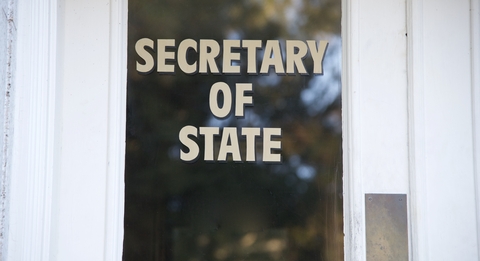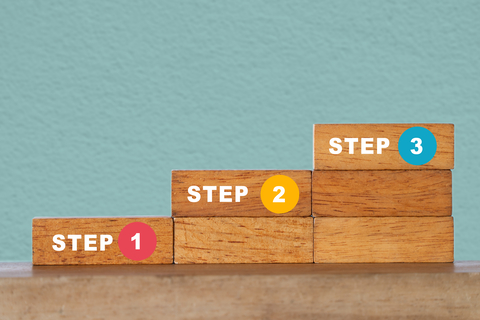Top Post: Online database searching – More than just finding
This was originally published in March 2019. Since it was the top post for the past year, and I’m preparing some upcoming presentations on this very topic, I thought a rerun was in order. Enjoy!
As a researcher and investigator – and a former librarian – I’ve done a lot of online database searching. I’ve searched news, market research, public records, engineering documents, you name it. I’ve searched for information on any topic you can imagine, from silicon photonics to Jeff Zucker‘s career. I also teach other researchers and investigators how to search, and, when I do, I always tell them this: Searching is much more than just finding.
Online database searching is much more than jumping in, running a search, and sending the results to a client. And it’s much more than buying a packaged report and sharing it without providing meaning or context. Online searching is a process, with six steps – each requiring skill, time, and focus.
Here’s what it looks like:
- Evaluate and select sources – Making sure you’re using the highest quality, authoritative sources is key. There’s enough bad information out there, and knowing where to find the good stuff is worth a lot to our clients. Also, knowing what’s included and what’s missing in our sources can make or break an investigation.
- Run searches – Learning how to use your sources and extract the most relevant information will differentiate you from the do-it-yourselfers. Take advantage of training opportunities offered by the database vendors and make time to practice. Don’t learn on the client’s time.
- Verify and select records to request or download – Know how to tell if something’s relevant to your client and check its accuracy, and learn whether or not you can share results with clients. Every database has its own protocols and permissions.
- Analyze findings – Findings are just bits of information. Now your job is to connect the dots, look for meaning, and discover any gaps.
- If needed, repeat steps 2 through 4 – Fill those gaps. Repeat until you’re satisfied that you can answer your client’s questions, within the allotted budget and time frame.
- Report results – Avoid a data dump. Make it easy for your client to grasp the meaning and take action. Writing reports that get read – and used is both an art and a science. Learn how.
Searching is a mix of critical-thinking skills and knowing when and where to use them. So, when people ask why someone needs a professional researcher in a world of Google and 24/7 online information, I tell them this: Searching is much more than just finding.




Well worth a second look !!!
Looking forward to seeing you in Orlando on the 13th!
Rory
Thank you, Rory! Looking forward to it!
[…] as you’ve heard me say, there’s more to research than just finding, and search is just a small part of my work. First, there’s lots of preparation involved […]